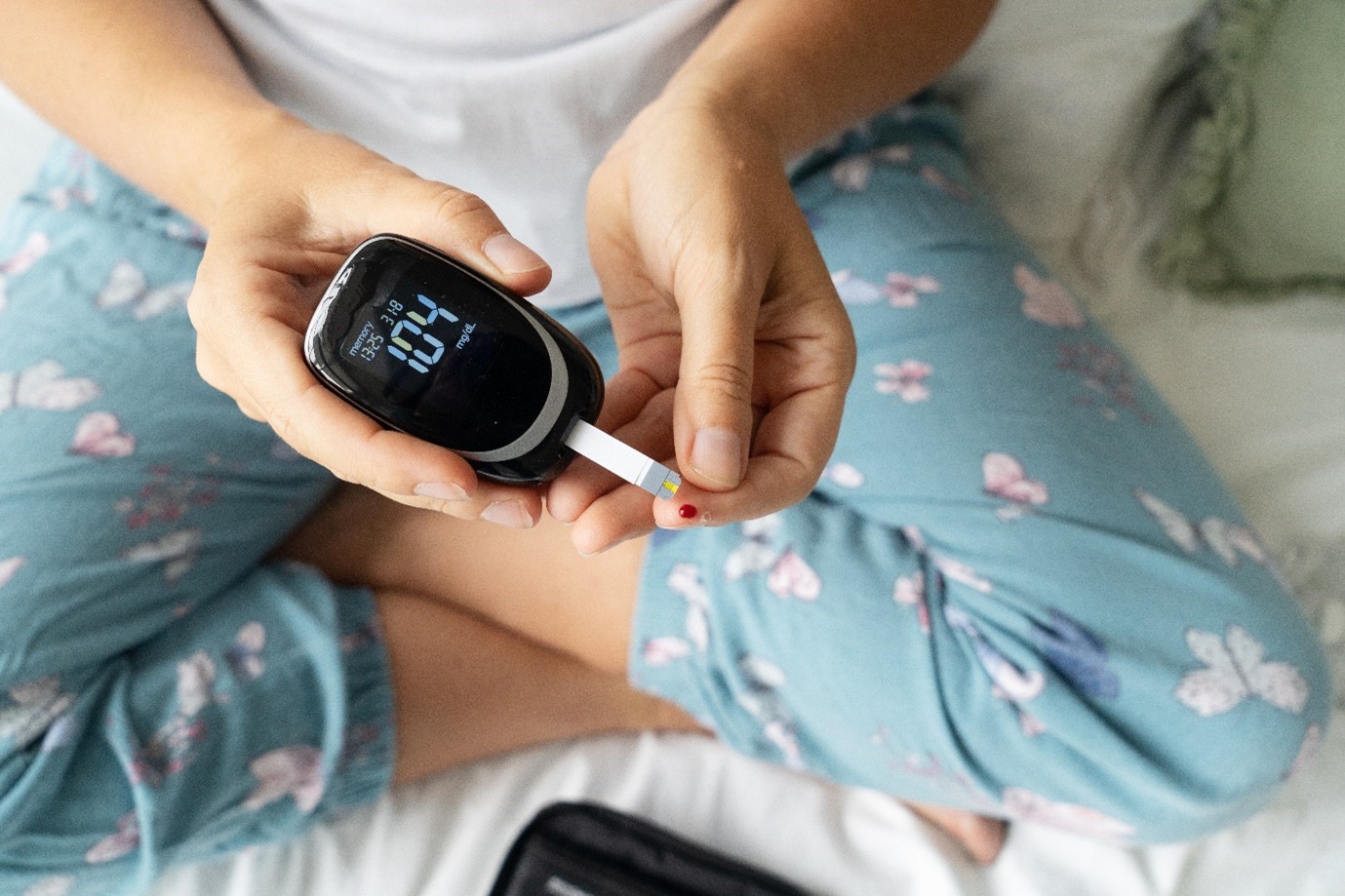A Glucose Tolerance Test (GTT) is an essential diagnostic tool to evaluate how well your body handles glucose (sugar).
It is often used to diagnose conditions like diabetes and insulin resistance.
Baviskar Pathology Lab offers reliable testing and expert guidance if you’re concerned about your blood sugar levels.
What is a Glucose Tolerance Test?
A Glucose Tolerance Test (GTT) assesses how efficiently your body processes glucose.
You drink a glucose solution during the test, and your blood sugar levels are measured at specific intervals.
The Oral Glucose Tolerance Test (OGTT) is the most used method for diagnosing conditions such as
- Type 2 diabetes
- Gestational diabetes
- Insulin resistance
When Would You Need a GTT?
Your doctor may recommend a GTT to:
- Screen for diabetes (especially prediabetes or gestational diabetes).
- Diagnose insulin resistance or reactive hypoglycemia.
- Monitor conditions like acromegaly or rare carbohydrate metabolism disorders.
- Pregnant women may undergo a one-hour glucose challenge test as part of routine gestational diabetes screening.
If the results are abnormal, a three-hour OGTT may be performed to confirm.
How to Prepare for the Test?
To ensure accurate results, follow these preparation steps:
- Inform your doctor about medications or supplements, as some may affect test results.
- Eat at least 150 grams of carbohydrates for three days before the test.
- Avoid excessive exercise before the test.
- Fast for at least 8 hours before the test (you can drink water).
- Do not smoke during the test.
Your doctor may provide additional instructions depending on the specific type of GTT you’re undergoing.
What Happens During the Test?
For a typical oral glucose tolerance test (OGTT), the procedure is as follows:
- A fasting blood sample is taken to measure your blood glucose levels.
- You’ll drink a glucose solution (75 grams of glucose mixed in water).
- Blood samples are drawn two hours later to measure how your body processes the glucose.
- You may have additional blood draws at intervals, depending on your doctor.
- Other variations include a one-hour glucose challenge for gestational diabetes and a three-hour test for a more thorough diagnosis.
What Do the Results Mean?
Test results typically indicate:
- Normal: Less than 140 mg/dL.
- Prediabetes: Between 140 to 199 mg/dL.
- Diabetes: 200 mg/dL or higher.
If your results are abnormal, your doctor may ask you to repeat the test or perform additional tests, such as an A1C test.
They will work with you to determine the next steps based on your unique situation.
Contact Baviskar Pathology Lab Today! For accurate and timely glucose tolerance testing, trust Baviskar Pathology Lab. We provide fast, reliable results and comprehensive support to guide your health journey. Book your appointment now!


